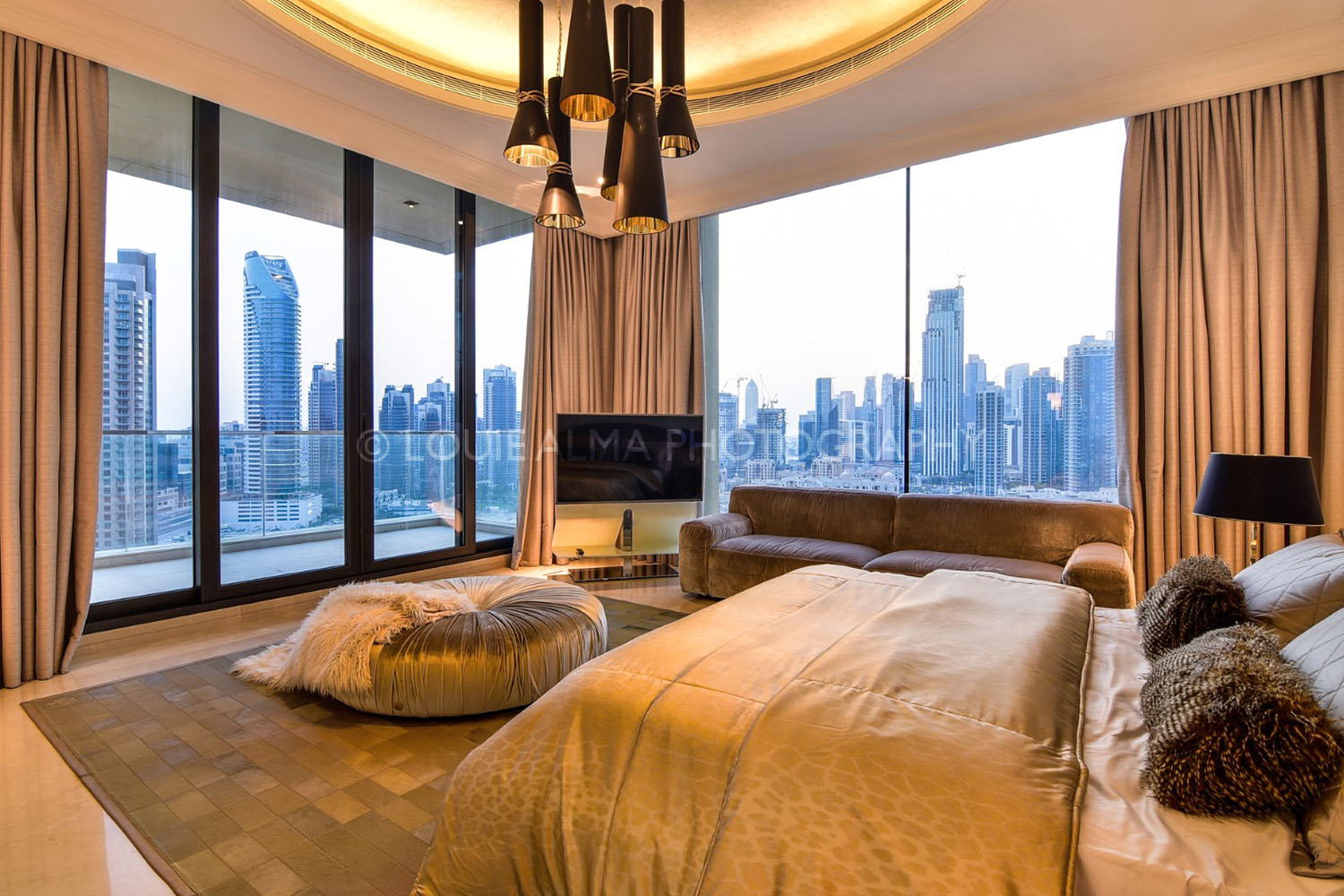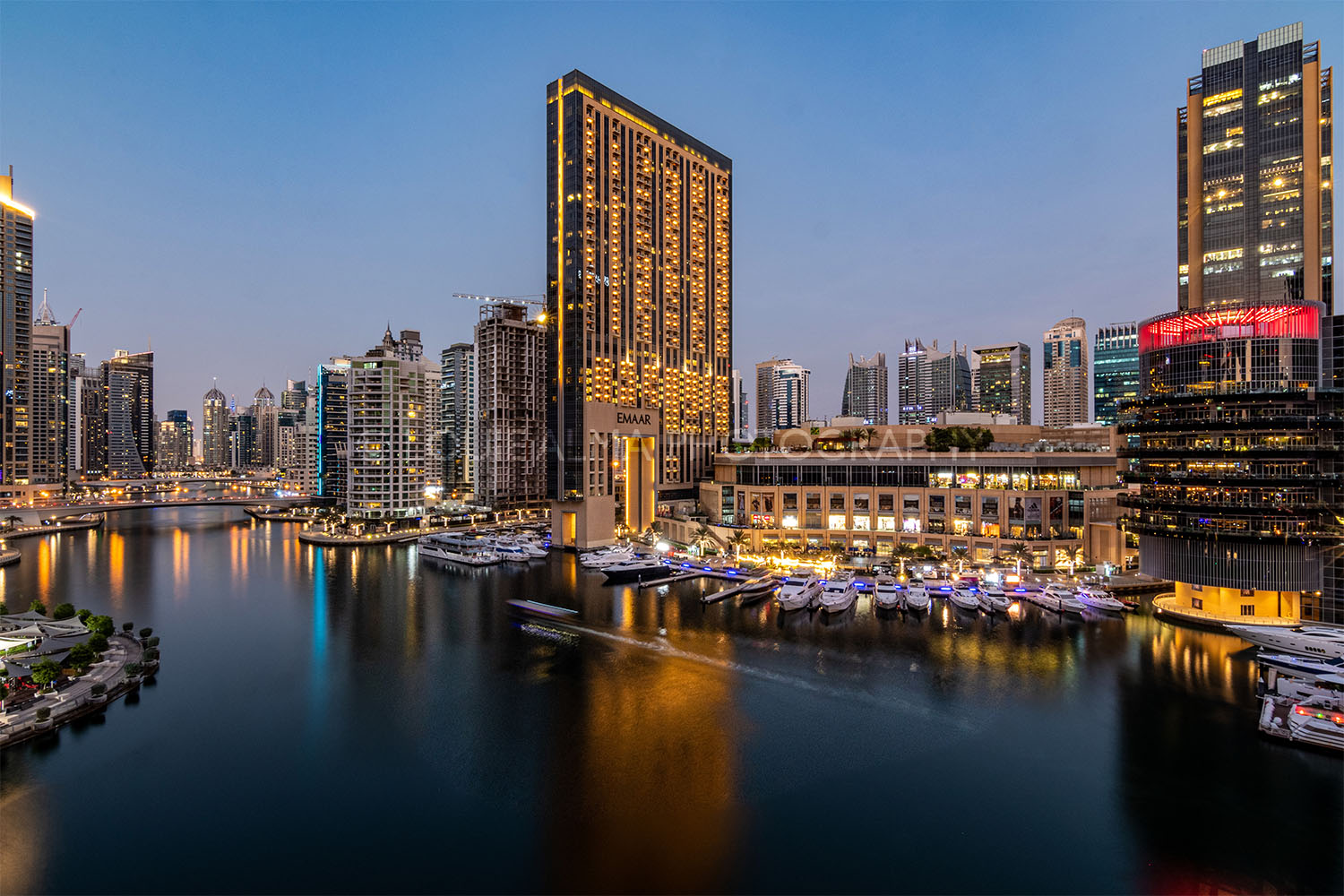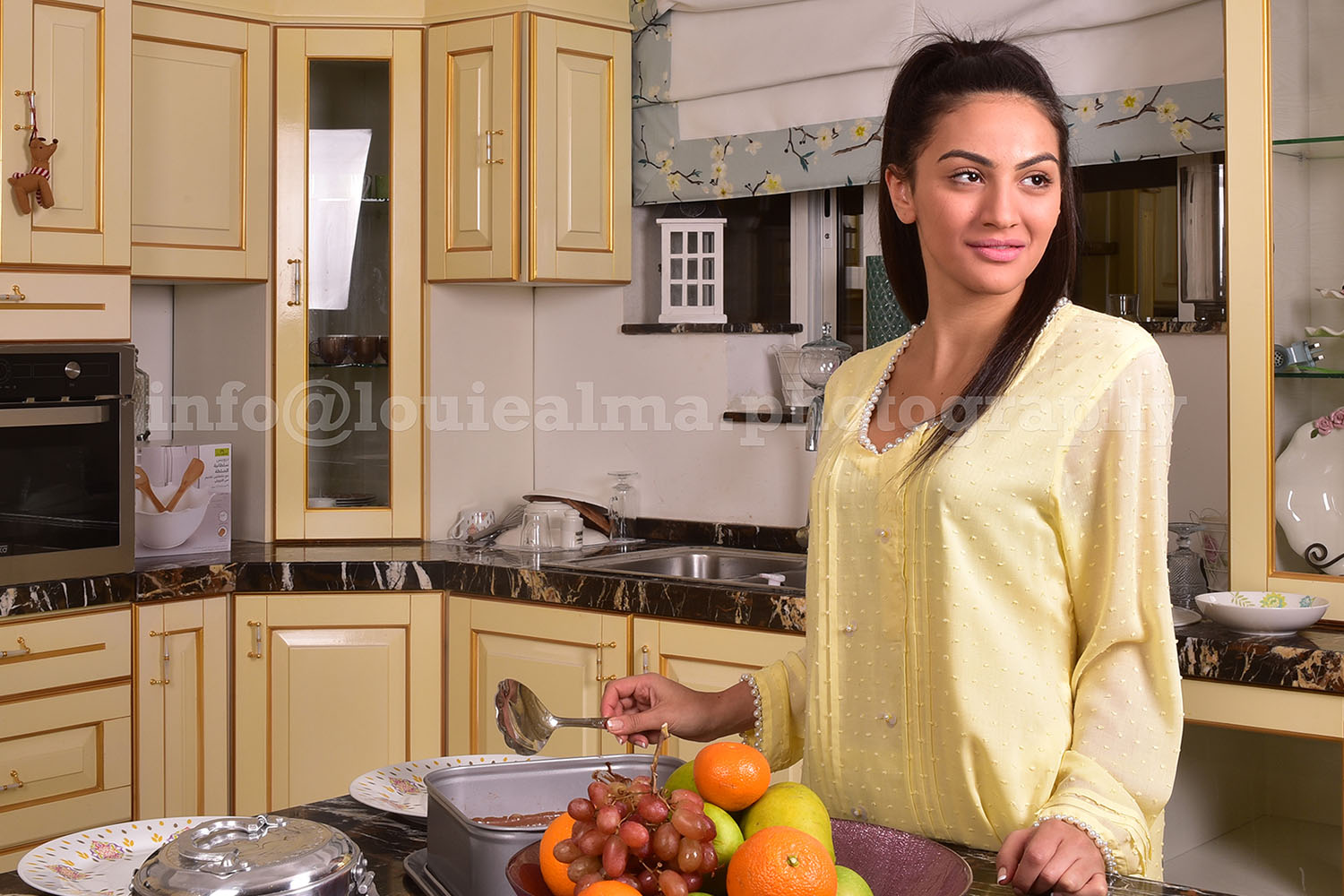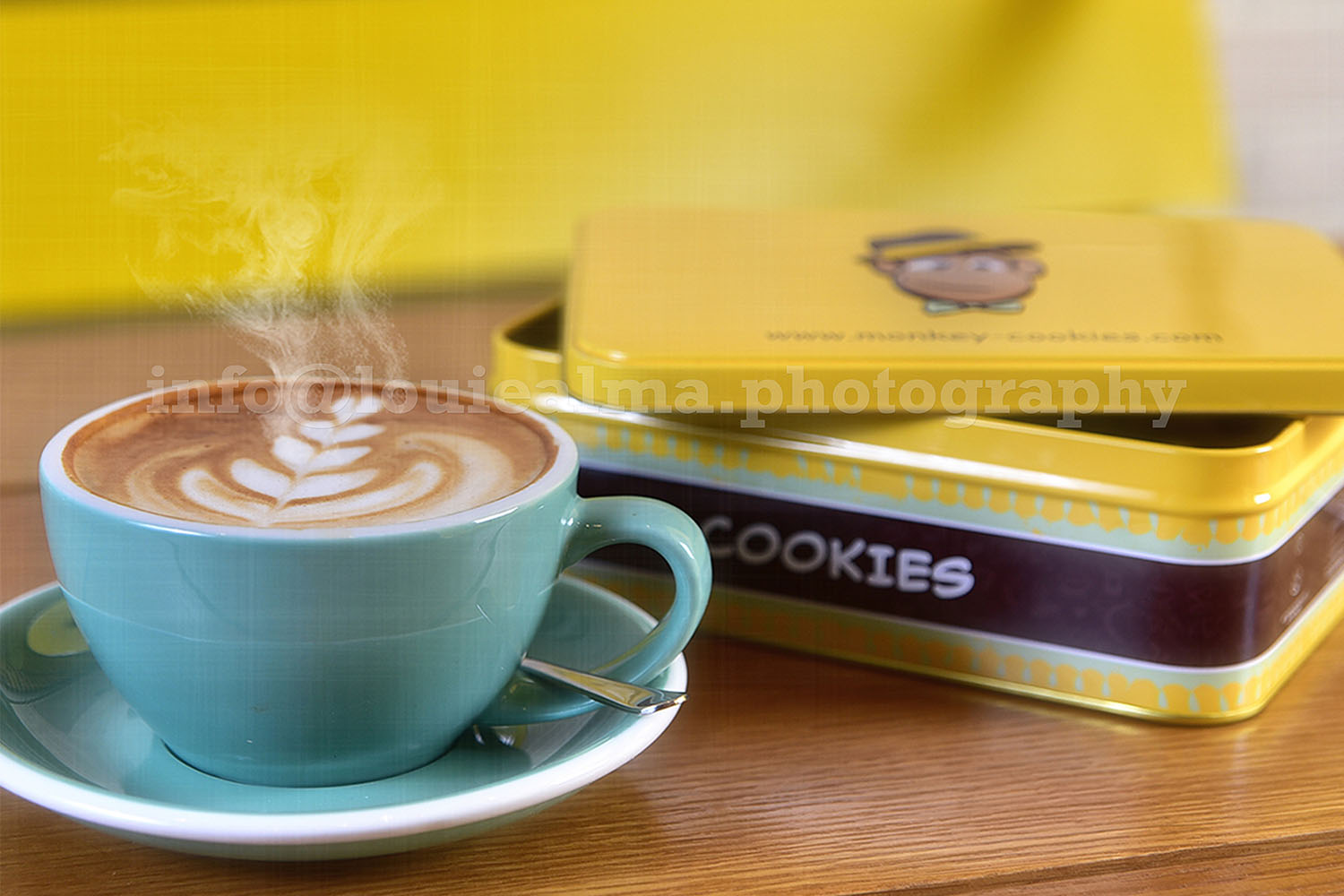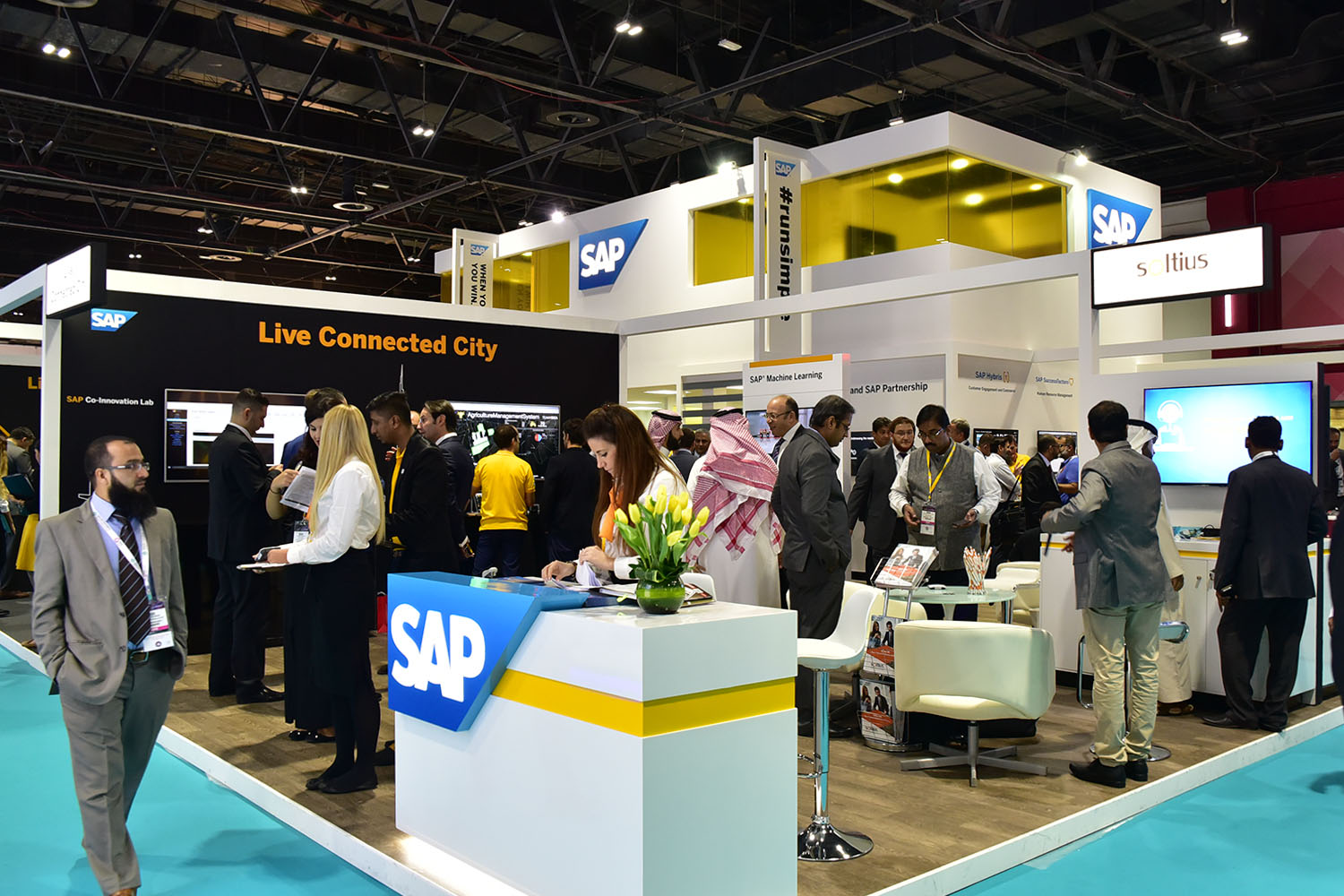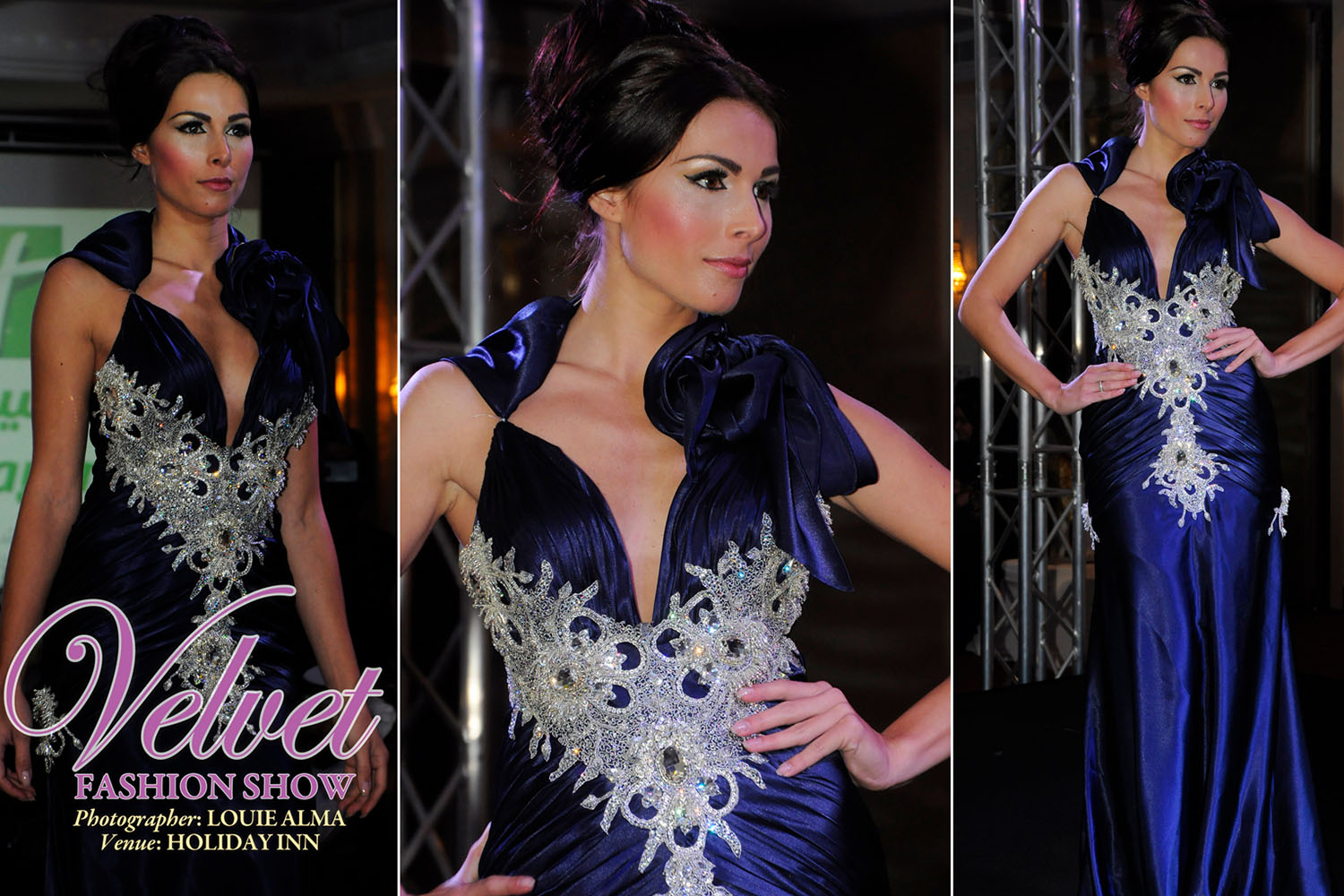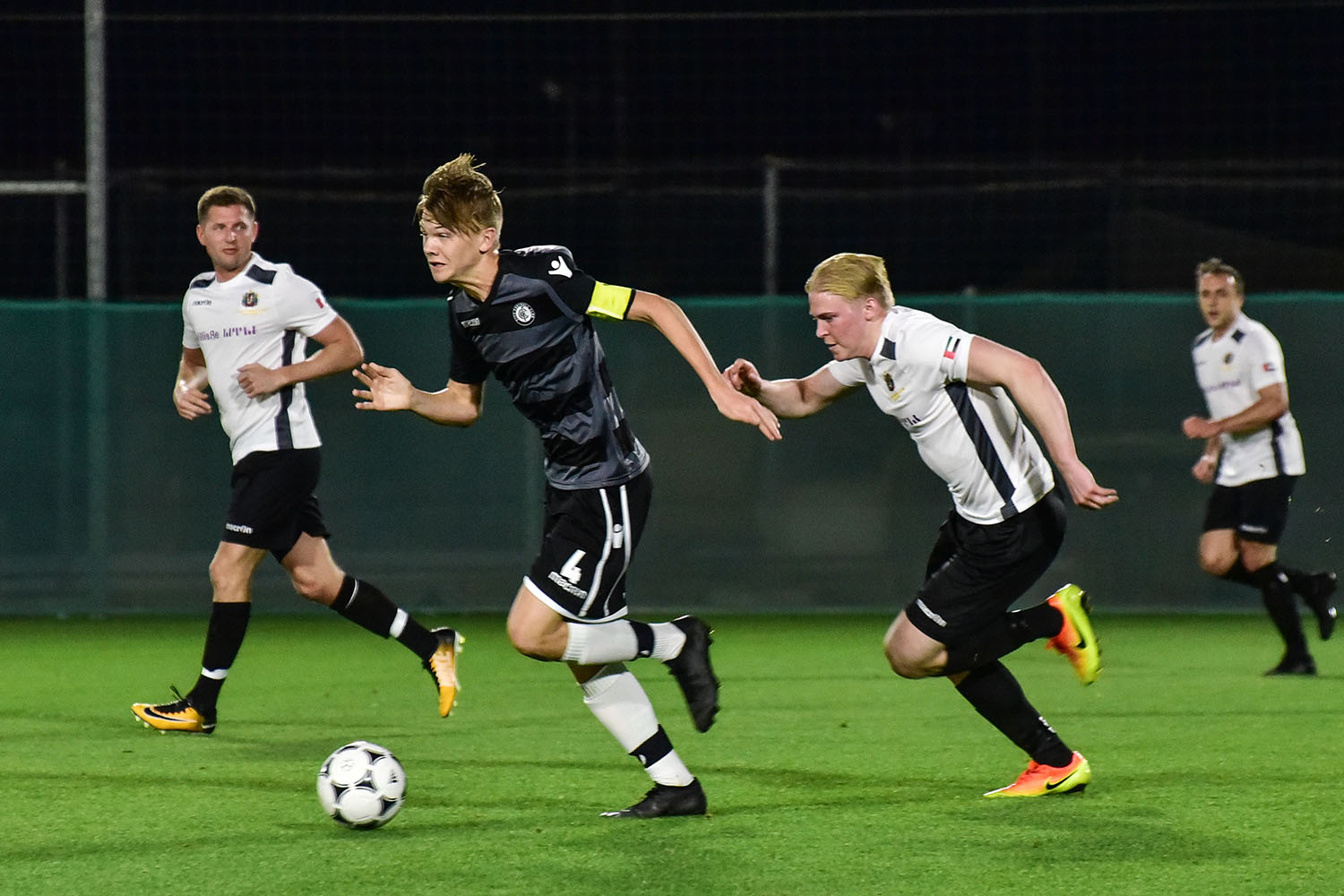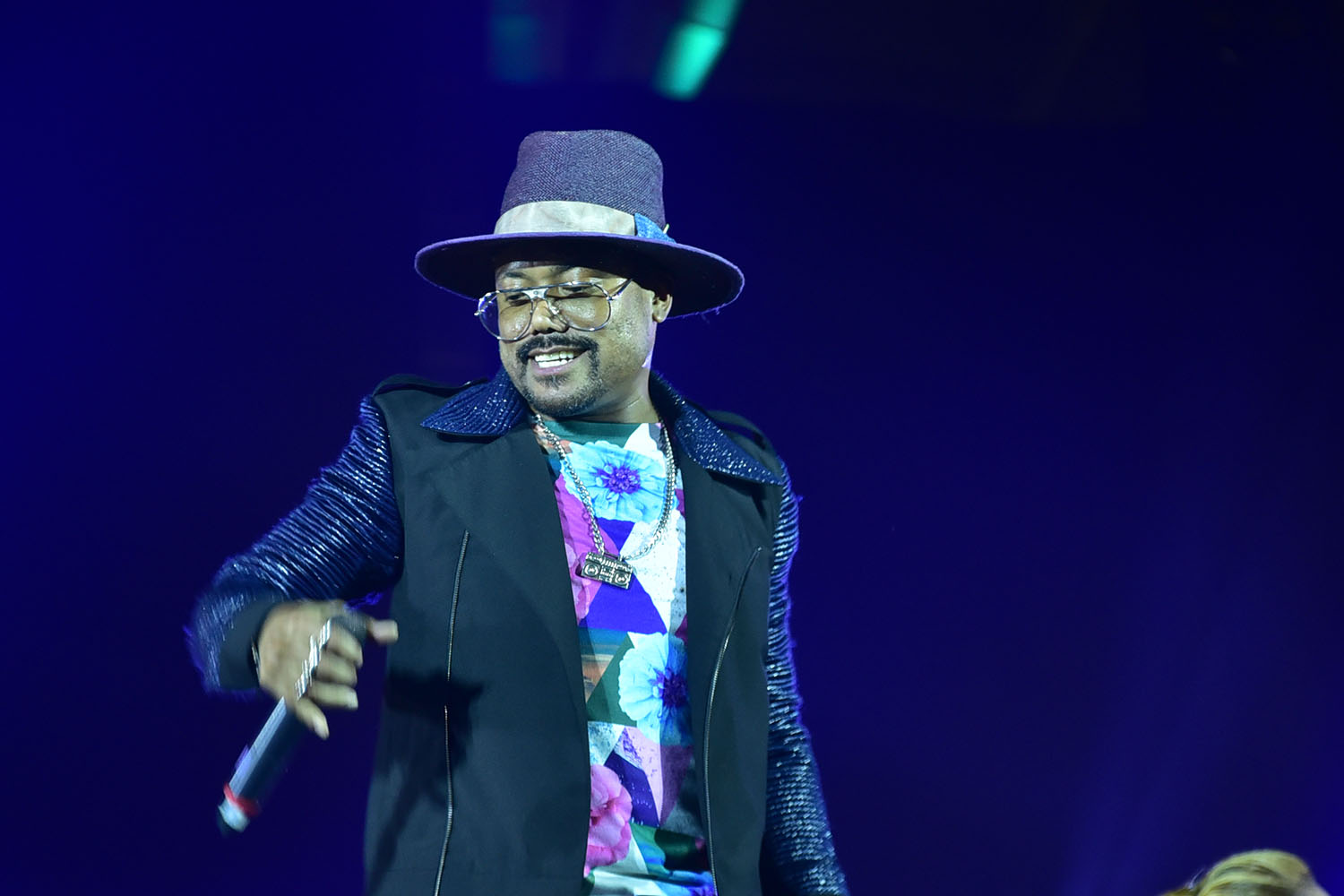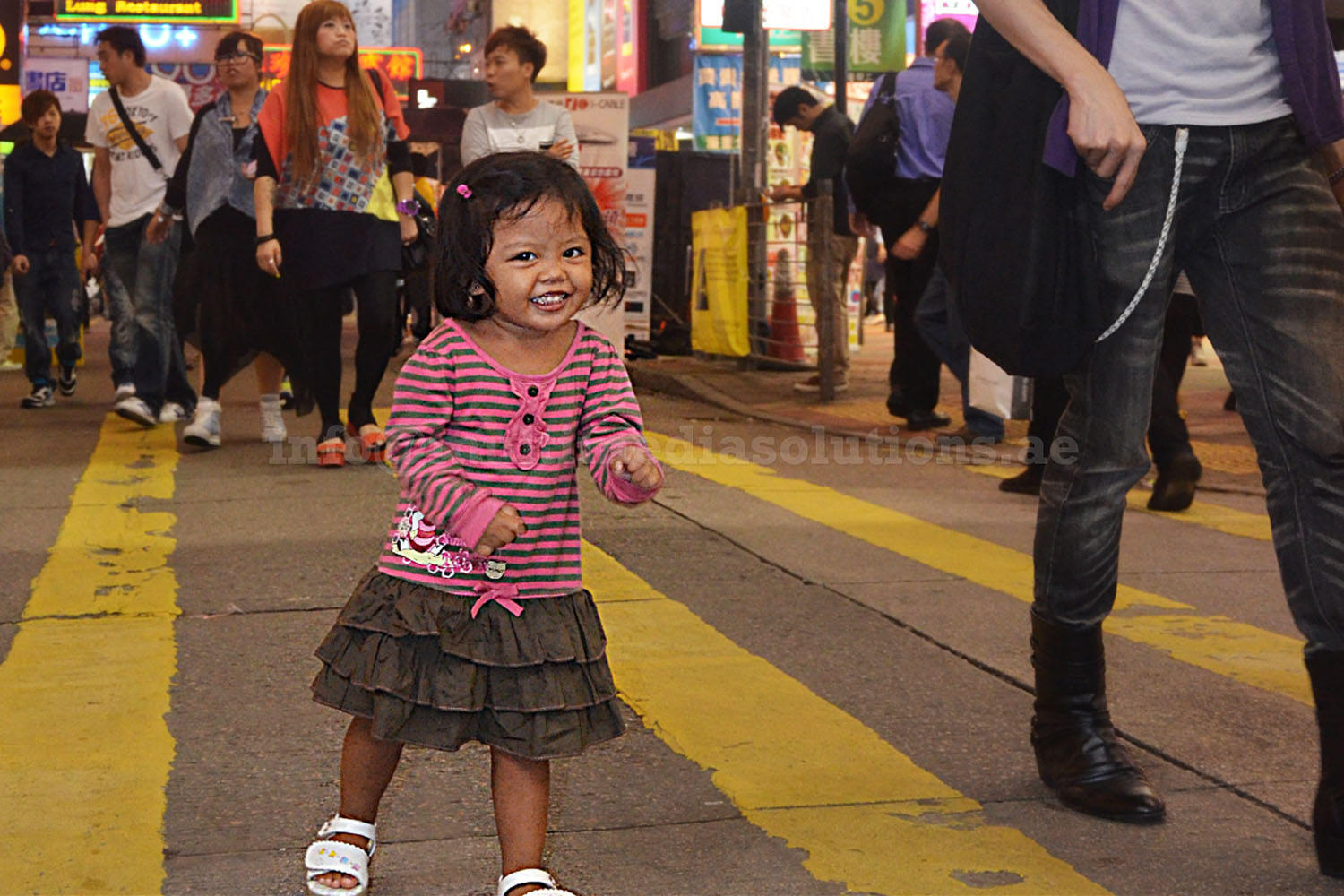Look at the geography of Armenia. This small but ancient country on the eastern fringes of Europe shares borders with Turkey, Iran, Georgia, and Azerbaijan. The Black Sea and Caspian Sea aren’t far away. This might be a tough neighbourhood at times, but it gives you a clue as to why you should visit Armenia: the food in this country is second to none.
Here are 10 restaurants and food experiences every food lover should enjoy at least once.
Tavern Yerevan Riverside, Yerevan

Tavern Yerevan c. Stefano Borghes
Tavern Yerevan Riverside is a beloved gem in the heart of Yerevan, where the essence of Armenian hospitality really comes alive. Nestled on the tranquil banks of the Hrazdan River, this restaurant offers a dining experience that is as enchanting as the scenery. On warm summer evenings, guests can indulge in the rich flavours of traditional Armenian cuisine, all while enjoying a captivating live show which fills the night with music and dance. Whether savouring khorovats (Armenian shish kebabs) under the stars, or sipping wine by the water’s edge, Tavern Yerevan Riverside provides an unforgettable blend of culture, nature, and culinary delights. You will even have a chance to join a dance or two with the locals, if you’re not too shy!
Anteb, Yerevan

Anteb c. Stefano Borghes
Anteb is the kind of culinary treasure that only the locals know about, and usually they keep it secret to themselves. The decor isn’t flashy and it is a modest, one-room place with closely-packed tables, hidden away on Koghbatsi Street. Despite its simple appearance, it’s always buzzing with diners, a sure sign that the food is something special. As a family-run establishment, Anteb exudes authenticity, offering generous portions in a cosy, casual setting. It’s a must-visit for anyone looking to experience a different side of Yerevan’s dining scene because it offers a rare opportunity to taste dishes you would typically only find in a home kitchen.
Renommée, Yerevan

Renommee, Yerevan c. Stefano Borghes
Renommée by Yeremyan Projects is at the opposite end of the culinary spectrum. It is a trailblazing haute cuisine restaurant which is redefining Yerevan’s culinary landscape with its signature dishes.
With just 26 seats, Renommée offers an intimate dining experience where every detail is meticulously curated. The restaurant opens its doors at 18:00, and diners who have booked months in advance to get a table here are already waiting at the door. Chef Karen Khachatryan has created a spectacular set menu he calls Sunburst Armenia, drawing inspiration from the sun-soaked flavours and rich heritage of traditional Armenian cooking. The result? A menu which showcases the freshest, seasonal local produce, infused with the warmth and essence of the Armenian sun.
Yasaman, Lake Sevan
Lake Sevan, just an hour’s journey from Yerevan, is a cherished haven where Armenians escape to the country’s only beaches. The vast, turquoise waters and golden sands offer a unique beach experience, perfect for swimming, sunbathing, or simply soaking in the natural beauty of the destination. After a morning by the lake, a visit to Yasaman Restaurant is a must.
With its sea-oriented interior which echoes the serene waters outside, Yasaman invites you to enjoy a rich Armenian coffee paired with freshly made paxlava (sweet pastries)). It’s the perfect way to relish the moment, letting the gentle lake breeze and sweet flavours create a memory as tranquil and delightful as the surroundings.
Tava, Dilijan

Tava Restaurant c. Stefano Borghes
Tava is a unique restaurant which seamlessly blends Soviet nostalgia with modern Armenian culture, creating an extraordinary dining experience. The restaurant’s evolution began in 2016 when Varda, originally from Armenia, returned from the USA and discovered a collection of unused clay ovens in local homes. Partnering with the community, she revived these traditional ovens, blending Russian rural influences with Armenian culinary practices.
In Dilijan, these clay ovens are integral to local cooking. They’re used to prepare traditional dishes, from bread like shoty and bokkon, to clay pot specialities such as tolma, a seasonal dish made from wild greens or local oyster mushrooms. At Tava, diners can explore a diverse menu which showcases traditional Armenian grains and innovative recipes. The tolma is prepared with a mix of barley, bulgur, or wheat; and the remarkable Kata/Gata, a regional specialty, is uniquely crafted with blueberries and French Brie, a reflection of the restaurant’s experimental spirit.
Arm Food Lab, Dilijan

Arm Food Lab c. Stefano Borghes
Arm Food Lab is more than just a kitchen: it’s a living laboratory dedicated to uncovering the rich, edible treasures of Armenia and Nagorno-Karabakh. It delves deep into traditional culinary techniques and the cultural heritage of food. Here, the focus is on experimenting with exclusively local, seasonal, and fresh ingredients, creating innovative combinations which celebrate the land’s unique flavours. Arm Food Lab is a dynamic space where anyone can become part of the research process. On weekdays, the kitchen-studio transforms into a hub for research and education, whilst at weekends, it opens its doors as a test restaurant, offering a taste of the future of Armenian cuisine.
Vorksan, Vayk

Vorksan c. Stefano Borghes
Located in the quaint town of Vayk, Vorksan is a culinary stopover like no other. Imagine a cluster of charming cabins perched on stilts above a river, connected by quaint bridges, evoking the feel of a treehouse village. Here, bread is baked on-site in a traditional tandoor oven. Visitors can watch the process unfold, though be prepared: it’s a bit smoky inside!
Tabby, Tatev
Tatev is a place where history is cherished, yet it’s also a launchpad for exciting new ventures. One such initiative is the innovative Tabby in Tatev project, which celebrates Tatev’s famed starry skies and rich astronomical heritage.
This project draws inspiration from the star KIC 8462852, famously known as Tabby’s Star after the lead researcher who discovered its unusual light patterns in 2015. “We’ve always sought to connect heritage with modern discoveries,” says the team behind the project. “This story inspired us, and we hope it will inspire the young people of Syunik as well. After all, with enough effort, even the stars can bear your name.”
Tabby in Tatev isn’t just an exploration of the cosmos; it’s also a culinary adventure. The project offers a gastronomical experience featuring Tatev’s local produce, crafted by young local talent. It’s a delightful fusion of contemporary creativity and traditional ingredients, making it a true reflection of Tatev’s unique spirit.
Tatevatun, Halidzor
As you glide from Tatev to Halidzor on the cableway, a hidden gem awaits you: Tatevatun. This spot is more than just a place to eat: it’s where breathtaking scenery and rich local flavours converge for an unforgettable experience. Imagine sipping a latte as you take in the view of lush waterfalls tumbling down the mountainsides, or savouring a dish which pays homage to the culinary traditions of the Syunik region. Whichever you choose, Tatevatun promises to leave a lasting impression.
There’s something about the mountain air which awakens a deep hunger, and Tatevatun is perfectly poised to satisfy it. The dishes here are steeped in the heritage of Syunik, offering authentic flavours you won’t easily find elsewhere, not even in Yerevan.
Tsaghkunk Restaurant, Lake Sevan

Tsaghkunk c. Stefano Borghes
Back in Lake Sevan, a culinary adventure awaits in the village of Tsaghkunk. Here, TsaghkunkRestaurant offers a taste of Armenia’s rich and diverse pantry, featuring ingredients which are both unique to the region and deeply rooted in Armenian tradition. The menu highlights often-overlooked treasures like aveluk, a wild sorrel native to Armenia; wild chamomile; and staple grains like bulgur and lentils. With fish sourced directly from Lake Sevan and meats grilled to perfection, each dish is crafted with a New Nordic flair, focusing on style and sustainability.
Head Chef Arevik Martirosyan infuses her vibrant personality into every dish, from the innovative fish dolma – a local favourite since the 1990s when the lake’s bounty sustained the community – to a refreshing sea buckthorn sorbet. While lemons are rare in Armenia, sea buckthorn (an abundant local berry) adds a tangy twist to her creations, making each bite a reflection of the land and its traditions.
Wine pairings in Armenia
One of the delights of gastro tourism is pairing new wines with delicious local dishes. Want to know all about Armenian wines, what to drink, and why they are so special? Find out in Armenia: A Wine Extravaganza in the Caucasus!
Practical information for visiting Armenia
STAY: In Yerevan, check into the Courtyard by Marriott Yerevan, where rooms start from £94 per night.
FLY: The fastest way to fly from London to Yerevan is via Istanbul with Pegasus Airways, although Wizz Air has cheaper tickets (but longer travel time) via Vienna.
VISA: British and EU passport holders can visit Armenia without a visa, staying for up to 180 days within any calendar year.
The post Eat your heart out in the small but ancient country of Armenia appeared first on The Travel Magazine.



